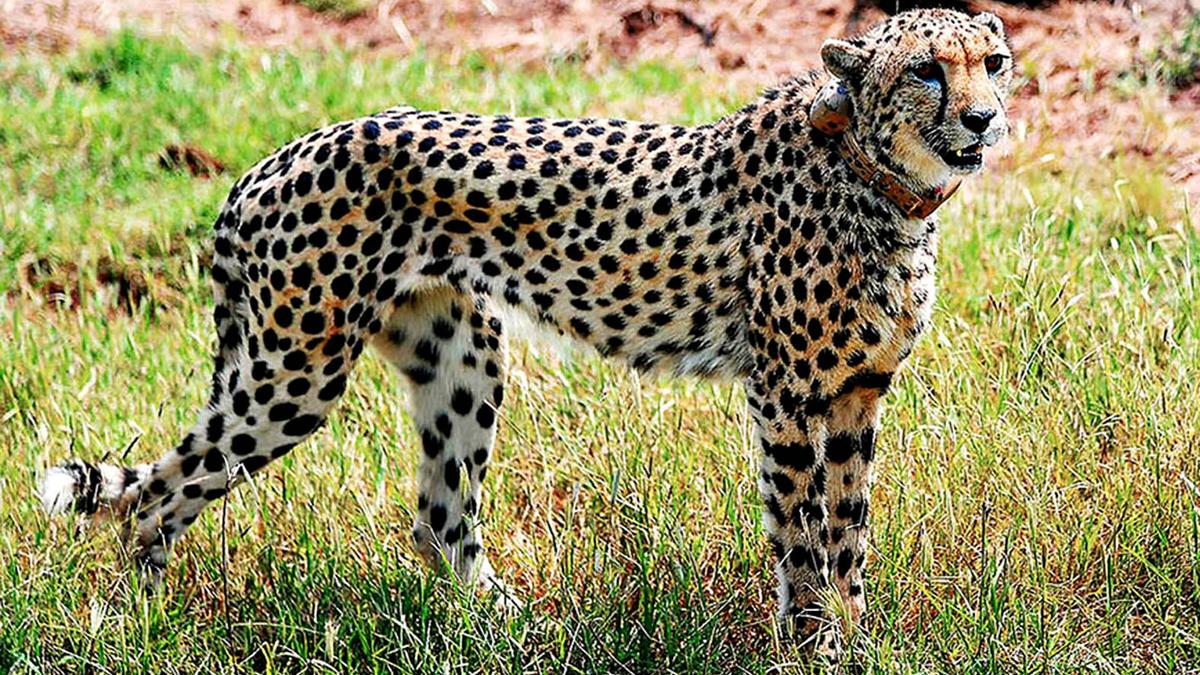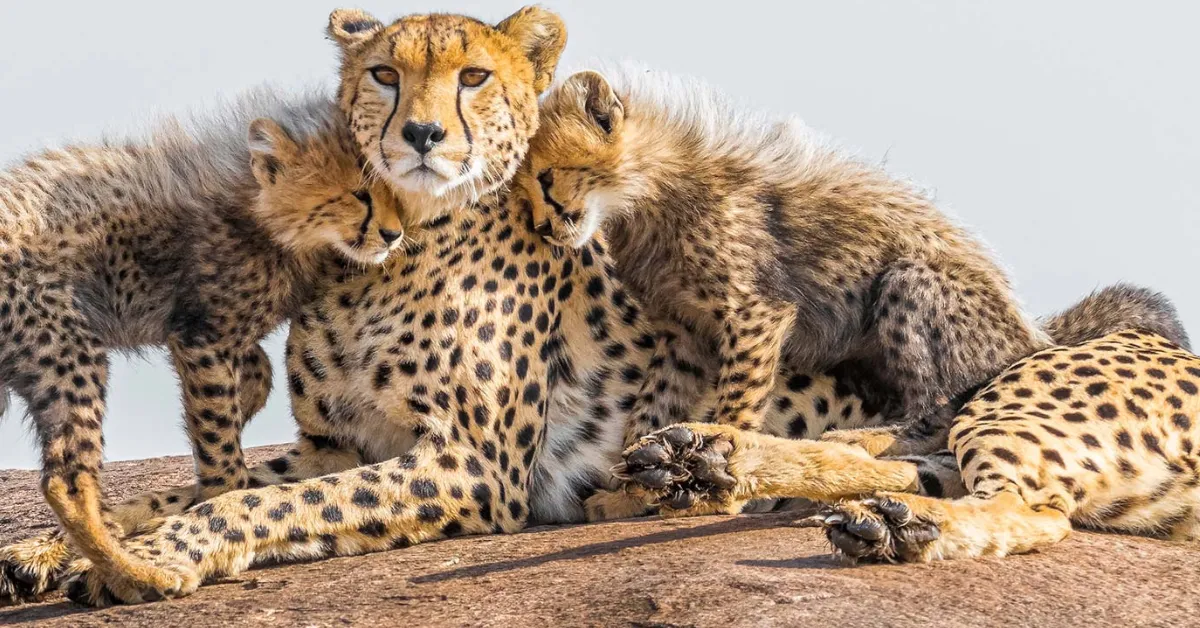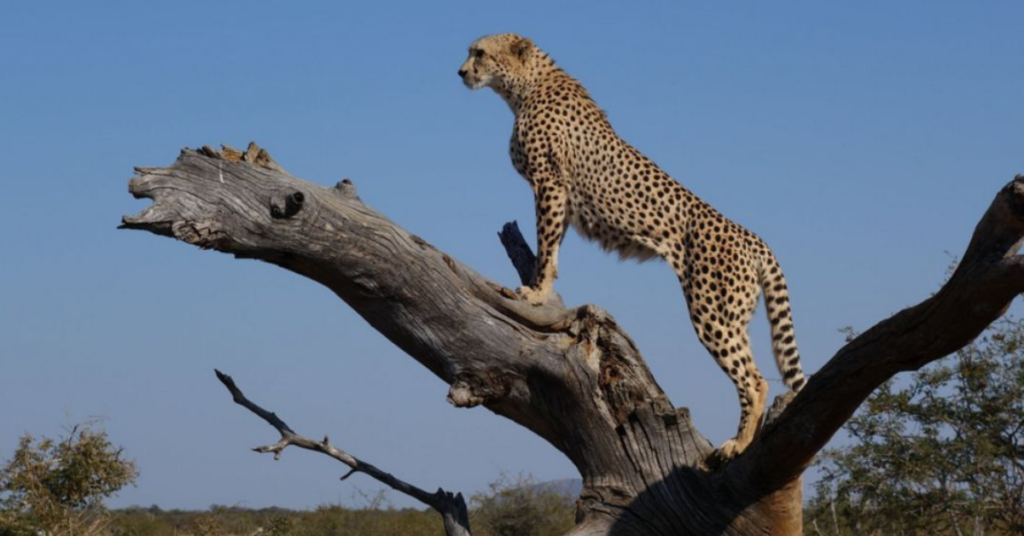For seventy years, India’s grasslands carried only the whisper of a legend — the cheetah, the world’s fastest land animal, once the silent monarch of the plains. Declared extinct in 1952, its disappearance marked one of India’s deepest ecological wounds.
But today, that silence has been replaced with the soft thud of paws. On October 1, 2025, Kuno National Park officially launched India’s first cheetah safari, opening its gates for visitors to witness a moment generations have waited for — the cheetah’s return home.
A Story of Science, Patience, and Hope
The comeback of the cheetah wasn’t born overnight. It was the result of Project Cheetah, an ambitious rewilding mission that began in 2022. Conservationists and wildlife experts worked tirelessly to reintroduce cheetahs from Africa to India, selecting each animal for its genetic strength, adaptability, and health.
Three years later, that effort has blossomed into success. Sixteen cheetahs, including cubs born on Indian soil, now roam freely in Kuno’s sprawling grasslands — a sign that rewilding is not just a dream, but a living, breathing reality.

Safari with a Soul
Unlike typical safaris, Kuno’s cheetah experience is rooted in respect and restraint. Visitors can embark on guided drives in the early mornings and late afternoons — times when cheetahs are most active — but no chasing, off-roading, or crowding is allowed.
Each safari is accompanied by trained naturalists, ensuring that human curiosity never disturbs the animal’s natural rhythm. It’s not a spectacle — it’s a solemn reunion between nature and its lost children.
Empowering Conservation Through Tourism
The revenue from Kuno’s safaris is channelled directly into habitat management, prey monitoring, veterinary care, and community outreach. Local villagers are now part of this conservation movement, benefitting through eco-tourism and sustainable employment.
“Every rupee spent here helps protect India’s wildlife heritage,” said a forest official involved in the project. “It’s a model where tourism nurtures, not disrupts.”
Planning Your Visit
The safari can be accessed through Tiktoli, Ahera, and Pipalbawdi gates, each offering limited vehicle quotas.
Gypsy safari (for six people): Rs4,500
Private vehicle entry: Rs1,200
Bookings can be made through the official Kuno Safari Portal, while the upcoming Kuno Retreat promises eco-luxury stays that immerse visitors in the park’s wilderness.
The best months to visit? October to March, when the air is cool, the grass is low, and the thrill of spotting a sprinting cheetah is unmatched.

A Roar of Redemption
The cheetah’s return is more than a wildlife story — it’s a story of redemption, resilience, and restoration. It’s proof that with patience, science, and willpower, even extinction can be reversed.
As the sun sets over Kuno’s golden horizon, a new sound fills the air — the rustle of grass, the heartbeat of hope, and the legacy of a nation reclaiming its wild spirit.


